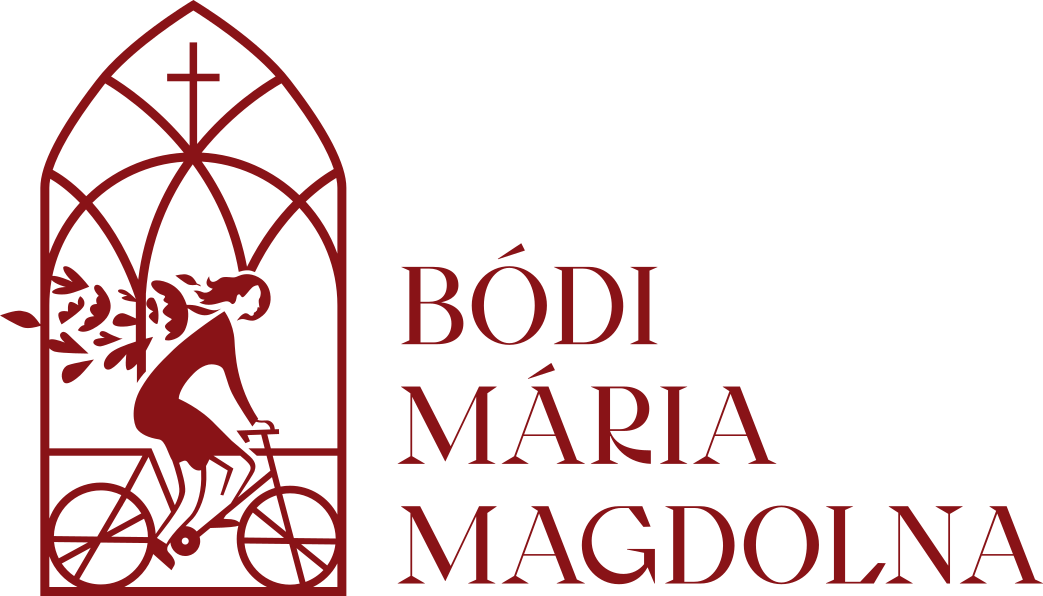On July 5, we celebrate the liturgical memorial of Saint Maria Goretti, the martyr of purity, who in 1902 gave her life at the age of eleven to preserve her spiritual and bodily integrity. On this feast, we remember not only the Italian saint honored by the universal Church, but we also continue our preparation for the beatification of Bódi Mária Magdolna, which will take place on September 6 in the Archdiocese of Veszprém.
This year is especially significant, as 2025 marks the 80th anniversary of Bódi Magdi’s heavenly birth. The “Magdi 80” commemorative year invites the faithful to spiritual and cultural deepening through a variety of events: liturgies, prayerful gatherings, video series, community campaigns, exhibitions, and discussions. The martyr of purity continues to speak to us—just as she has done quietly yet steadfastly for the past eight decades.
As part of this year’s commemorations, the Veszprém Archdiocesan Tourism Center is organizing a thematic weekend on July 5–6, 2025, under the title “Our Own Goretti Maria” at the Biró-Giczey House. The program includes guided tours that highlight the parallels between the lives of Saint Maria Goretti and Bódi Magdi, helping participants understand why so many regard them as spiritual sisters. A special feature of the weekend is the “Magdi Tour”, an interactive treasure hunt and code-breaking game that brings participants closer to Magdi’s life, personality, and faith in an engaging way. Both individuals and teams can take part, and those who solve the puzzles can look forward to a surprise reward.
The stories of Magdi and Goretti have been intertwined since the 1940s. In 1948, The Heart (A Szív) magazine wrote: “For them, purity is more than life itself.” Due to the political climate of the time, the article could not speak openly about Magdi’s martyrdom, but it gently hinted at the connection. Later, Father Miklós Galambos helped deepen the link between the two cults. As Father László Markója, then assistant priest of the Church of Saint Margaret of the Árpád House in Veszprém, once said of Magdi: “We, too, have our own little Maria Goretti.” Today, this statement has taken on a prophetic meaning.
Just as the example of Saint Maria Goretti became a worldwide devotion, so too does the beatification of Bódi Mária Magdolna open the way for a Hungarian girl to become a spiritual guide and role model for today’s youth—as a martyr of purity, a light in the darkness of our age.


